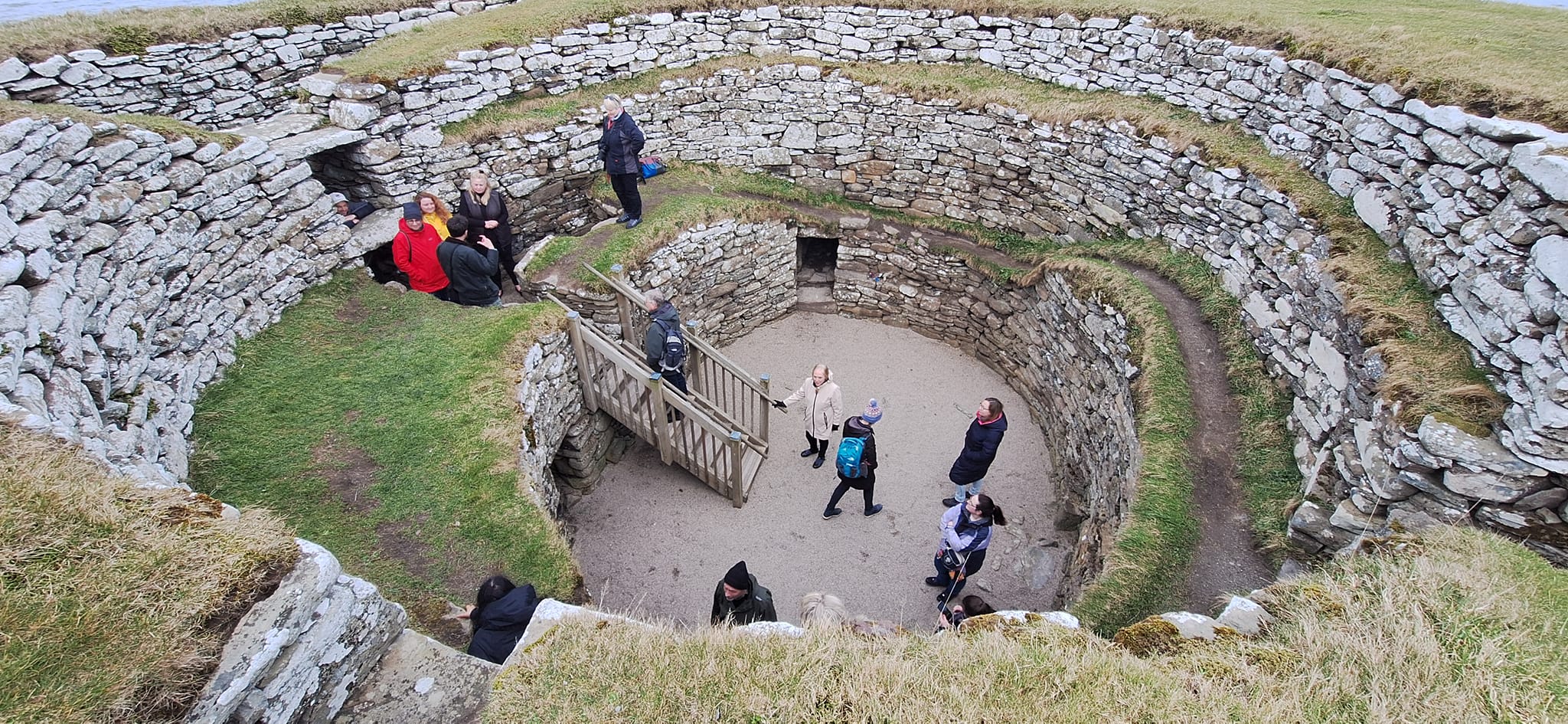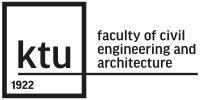HerInDep

HerInDep: Heritage in Depopulated European Areas
- In collaboration with colleagues at Charles University (Prague, Czech Republic) and Kaunas University of Technology (Lithuania), the Institute for Northern Studies is a contributing institution to the Heritage in Depopulated European Areas (HerInDep) project.
- The project deals with how the decline of European peripheral areas is contributing to the loss of intangible culture, abandonment and the degradation of buildings and landscapes, and the impact which this has on the people who live in these depopulated areas.
- The primary goal of the project is to explore how fragile local communities can resist the consequences of demographic change. The basic theoretical point of departure is that individual and collective remembering of the past is inevitably complex and involves a process of conciliation, remembrance, and oblivion - ghosts of the past inevitably impact present day values.
- The project will explore how depopulated communities and actors make sense of new realities and power structures in terms of policy, regulation and economic resources, and how these influence both actions and interactions. It will also focus on the stimuli of repurposing processes and the ensuing effects, consequences and potential of abandoned heritage.
The project will focus on three case study regions, each led by one of the participating institutions: Broumovsko (Charles University), Kaunas (Kaunas University) and the Shetland Islands (UHI).
The project seeks to evaluate and inform the behaviour of local, regional and national stakeholders in relation to the threats of depopulation upon cultural heritage. The main desired change is that these stakeholders take into account local voices, those of local actors in depopulated communities. The stakeholders should communicate with local communities and other interested parties in preparing territorially specific cultural policies in order to face the threat of depopulation. The involvement of academia and different associated partners in the project will guarantee that the project will have an important societal influence on these depopulated European areas.
For initial report see our blog.




